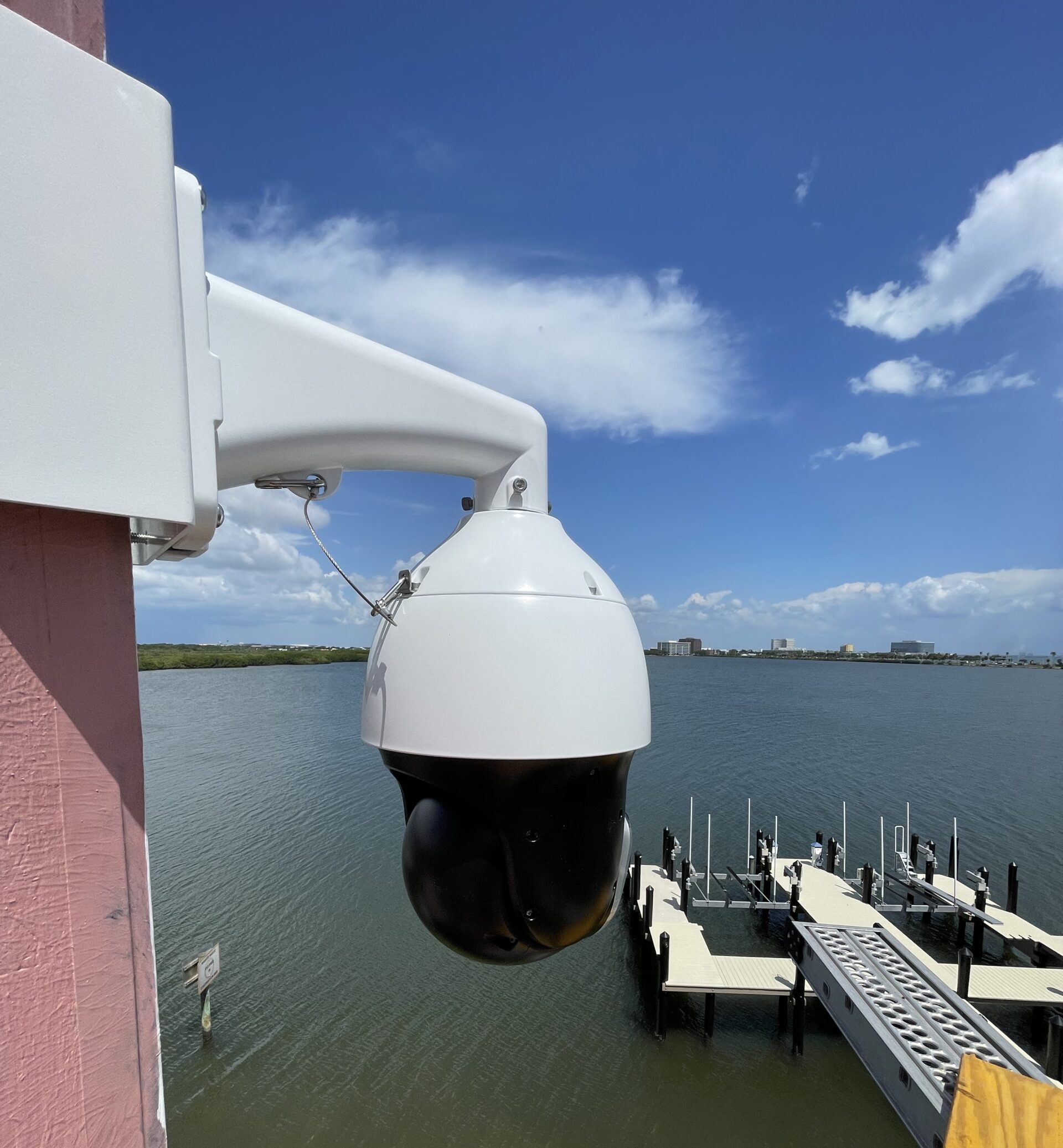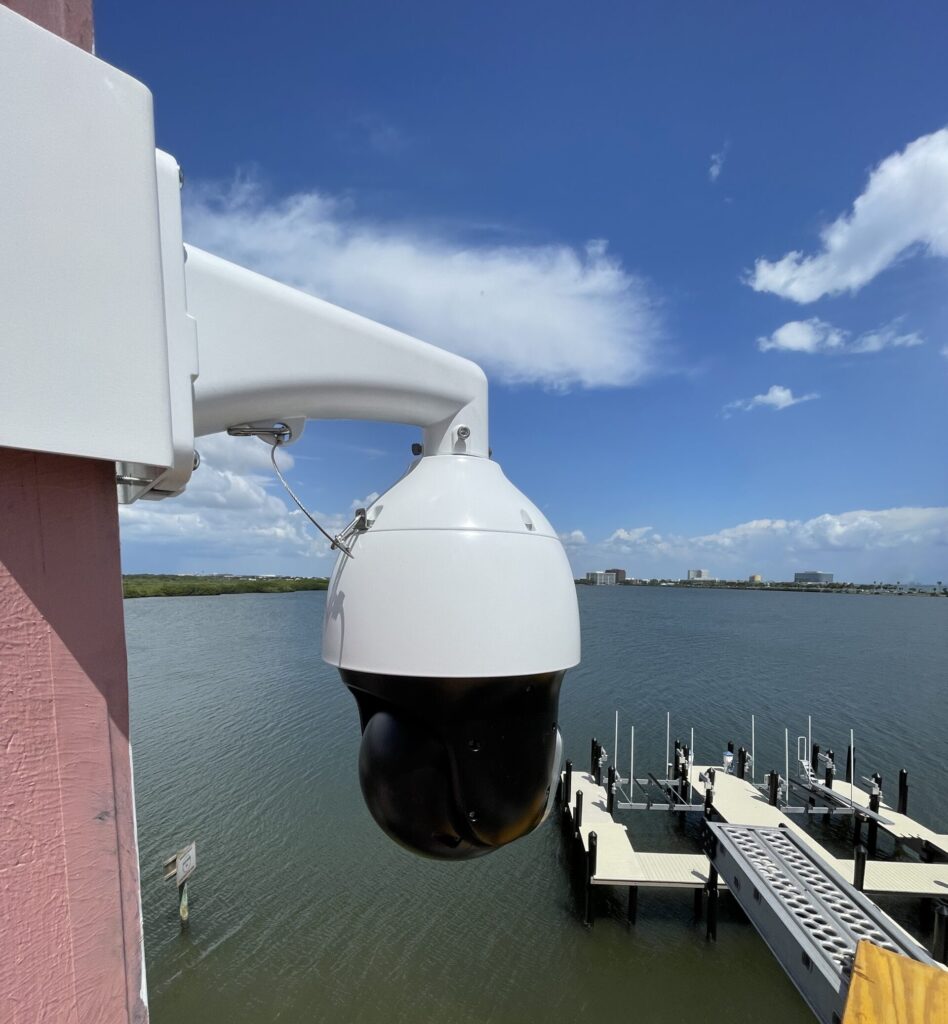


Your home is one of the most important things in your life – why not add a security system to keep it safe? Studies have shown that 80% of would-be burglars would check a house for an alarm system before breaking in, and if they had one, 60% would choose another target. That sounds like a worthwhile investment. But with something so important, you don't want any potential problems to catch you off guard at the wrong time. What problems with home security systems can pop up?
We'll discuss the four most common problems with home security systems, along with their solutions:
Hive installs and integrates home security systems across Tampa Bay, but of course, this area isn't the only place where systems can go down. This guide will help anyone with a problem with their home security, regardless of where they are.
Let's look at the four common problems with home security systems and more importantly, their potential solutions.
Insufficient monitoring coverage is the biggest issue for many homeowners, leaving areas vulnerable to intruders. This can happen if you purchase a security system that is too small for the home, a common problem for people who DIY their home security systems or buy the wrong security package.
The solution to this problem depends on your installation method – do you want to DIY or call a professional? If you did it yourself, it might be worth calling a professional to evaluate your system to identify weak spots and upgrade or adjust it as needed.
If a professional installed it, have them reevaluate your system and make any necessary updates.
False alarms can make any alert you get on your security app feel like the boy who cried wolf – which isn't something you want in case a real problem happens.
Incorrectly installed systems are the biggest cause of false alarms, though they can also be triggered by a sound from an open window or outside critters running too close to the sensors.
The best way to prevent false alarms is by having systems properly installed for your environment. Proper installation for your environment might mean placing sensors at levels higher than your pets but low enough to sense human movement, or choosing more appropriate equipment.
To be able to quickly turn off a false alarm if one occurs, ask your technician where the best location for your alarm panel is for easy access. Also, most systems now have an app to easily disarm your system if necessary.
A system that won't arm or disarm is usually caused by a door or window not being shut properly. Sometimes even the tiniest opening can be enough to throw your system off.
However, an issue with arming or disarming your system might be a problem with your system itself. If you're sure that all of your windows and doors are closed, contact your security company to inspect your system to determine the cause of the problem.
If you installed your system yourself, call the customer service line for the brand of your system or follow the existing troubleshooting steps available on their website.
Incompatibility is a very common issue, leading to a system you might have to control from different apps or panels. A mixture of DIY products and professionally installed pieces typically won't work together because they're in different ecosystems. For instance, many companies use software that's exclusive to them and doesn't work with whatever system you purchased on your own.
Research the products beforehand if you're looking to outfit your home with a security system. Not only will you get plenty of information on the product's pros and cons, but you can cross-reference compatibility and budget for your new system.
A good rule of thumb is that it's easiest to buy a system from one brand for the easiest installation if you're doing it yourself. If you're using a smart home integrator, they'll guide you to find the right products or replace the ones that aren't compatible with your setup.
Regular maintenance can save you from your system failing when you need it most. Sometimes this can be as simple as changing the batteries regularly or checking motion detectors, which should be done every 90 days.
Also, keep your system up to date. Replace your security cameras every five years, and have your entire system inspected for out-of-date parts annually. Forgoing regular maintenance appointments leaves your security system susceptible to breaches and can even leave your family at unnecessary risk.
If you're experiencing problems with your home security system, don't hesitate to reach out to a professional or, if you're willing to give it a shot yourself, do some troubleshooting to get your system back online.
If you'd like to speak to a home security pro at Hive, please call us at (813) 575-HIVE or fill out our consultation form here.